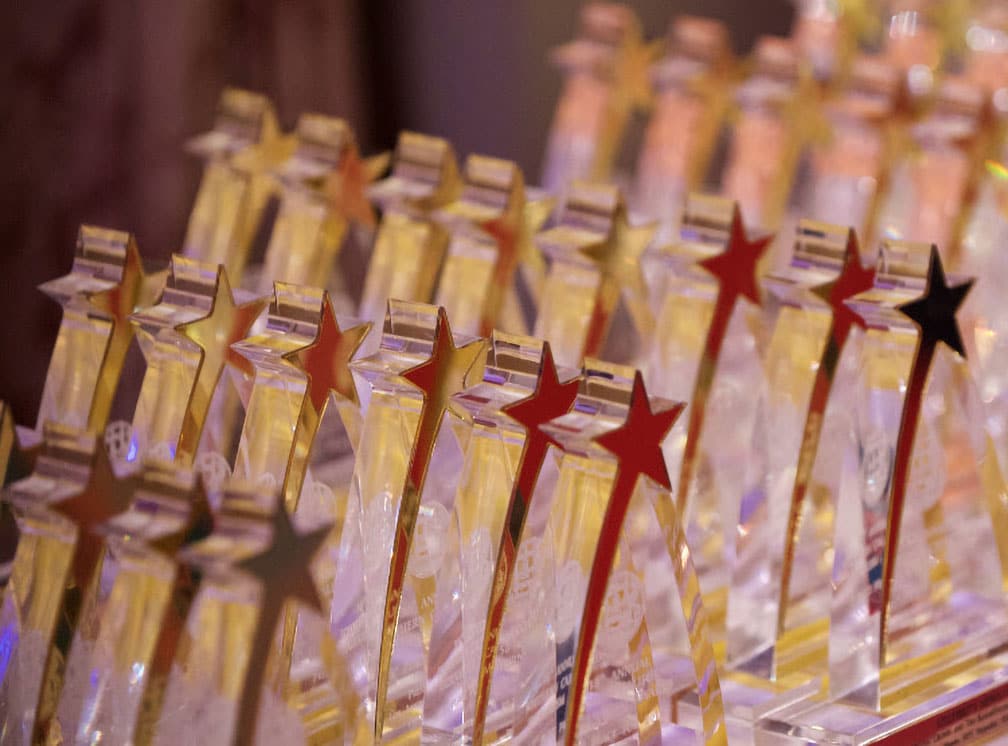Occasionally, I get complaints about my statements. People ask, “Why do you say that we’re special?” “We’re just like everybody else.” “What makes you think you’re so unique?”
I admit, carefree ignorance is tempting. The only problem with it is that the world doesn’t want us in that position. They want us on high alert, scrambling to appease their anger. So we may think that we’re not special, but if everyone tells you that you’re the worst criminal on Earth, that you’re responsible for every bad thing that’s ever happened, that makes you pretty darn special.
Look at the sign below, just one day after the announcement that officer Darren Wilson won’t be indicted for the killing of Michael Brown. And this is not even in St. Louis; it’s in Seattle!
As the reporter writes, “Upset with the verdict in Missouri? Then boycotting Israel makes perfect sense.” Other anti-Semitic allegations don’t make a lot more sense than this one. Since the days of the blood libels to this sign, anti-Semites have never needed an argument, only a reason to express their hatred of Jews.
Other people’s are hated as well, but even the biggest anti-Semites admit that Jews are different, and they’re hated differently. In Mein Kampf, Adolph Hitler wrote, “When over long periods of human history I scrutinized the activity of the Jewish people, suddenly there arose up in me the fearful question whether inscrutable Destiny, perhaps for reasons unknown to us poor mortals, did not, with eternal and immutable resolve, desire the final victory of this little nation.”
Oddly enough, Hitler was half right. We have a destiny, but it is by no means inscrutable. We just refuse to see it.
Our destiny is to be “a light for the nations.” It is to bring happiness and joy to the whole world through mutual responsibility, and finally through the implementation of our most fundemantal commandment, “love your neighbor as yourself.”
Our destiny is not to be admired for our scientific erudition, nor is it to be regarded as superior in finance. Our destiny is to rekindle the mutual responsibility that our people once nurtured, and share it with the rest of the world.
Only we count how many Nobel laureates are Jewish. The rest of the world could not care less. All they see is that we have the key to their happiness, and we’re denying it of them, so they want to get rid of us. That key is unity and brotherly love, and it is buried deep within us. We are unaware of it, and as a result, we aren’t sharing it. But this is what the world needs desparately, especially today.
The anger at the hatred revealed in Ferguson is naturally directed toward Jews because people already have an inkling that we’re the reason why there is hatred in the first place. But if we are united in brotherly love and shared it with the rest of the world, then we would be the reason why there’s love, and people would treat us accordingly.
Today, no one can find the way to unite people and nations. Not even we, the Jews. But we are the only ones who can revive that state within us because it is embedded in our genealogy, and because throughout the ages, our sages and leaders have repeatedly asserted that unity and mutual responsibility are the only means for our success.
Our power is in our unity above all differences. We needn’t supress our differences, but rather embrace them and unite above them. By that we will set an example that unity among disimilar people is possible. And not only is it possible, but it actually yields far better results than unity among similar people.
To some, this notion seems unreasonable, even irrational. To them I say, “And is anti-Semitism rational or reasonable?” The forces at play here are deeper than our conscious minds can currently grasp. But if we just try to unite, we will discover them, and we will succeed.
I’ve met with quite a few anti-Semites over the years, some of whom are known worldwide for their overt hatred of Jews. And every time I met with one (or more) of them, it ended with a handshake, and often with an embrace.
All I am saying, is give unity a chance.






















 More news and opinions than at a Shabbat dinner, right in your inbox.
More news and opinions than at a Shabbat dinner, right in your inbox.